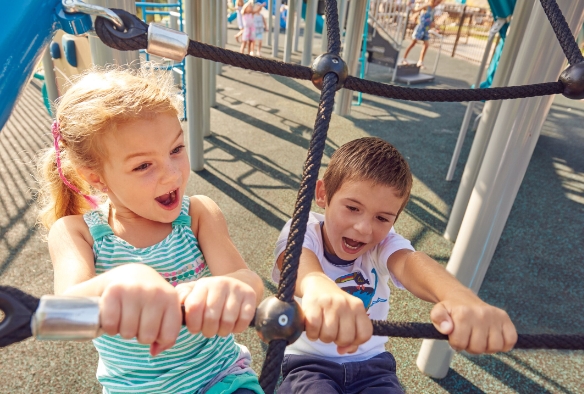Playtime is more than just a fun activity for children – it is a crucial way for them to learn and develop important skills. One key aspect of playtime that often goes unnoticed is the power of association.
Building Connections Through Play
Children naturally learn to associate different objects, actions, and concepts through play. For example, stacking blocks may help them understand the concept of balance and engineering. This type of associative learning is essential for their cognitive development.
Encouraging Creative Thinking
When children engage in imaginative play, they are constantly making associations between different scenarios and characters. This helps them think outside the box and come up with creative solutions to problems.
Fostering Social Skills
Playtime also provides a valuable opportunity for children to practice social skills through association with others. Whether they are playing pretend with friends or working together on a building project, children learn how to collaborate and communicate effectively.
Enhancing Memory and Recall
By associating different objects and actions during playtime, children are also strengthening their memory and recall abilities. This can help them retain information more effectively and make connections between new and existing knowledge.
Promoting Emotional Development
Finally, the power of association in playtime can also help children recognize and express their emotions. By associating certain actions or outcomes with specific feelings, children can better understand and manage their emotions in various situations.
In conclusion, unlocking the power of association in playtime is essential for children’s overall development. By encouraging creative thinking, fostering social skills, enhancing memory and recall, and promoting emotional development, parents and caregivers can help children make the most of their playtime experiences. So next time your child is playing, pay attention to the associations they are making – you might be surprised at how much they are learning!

